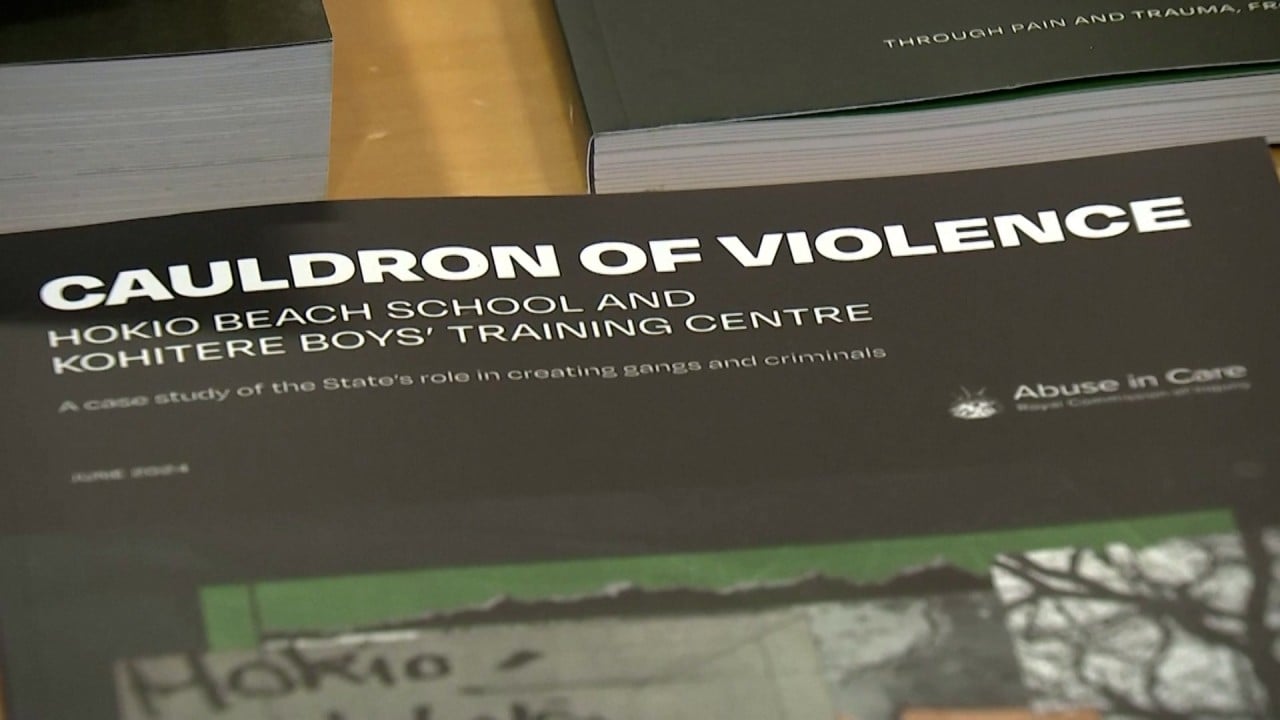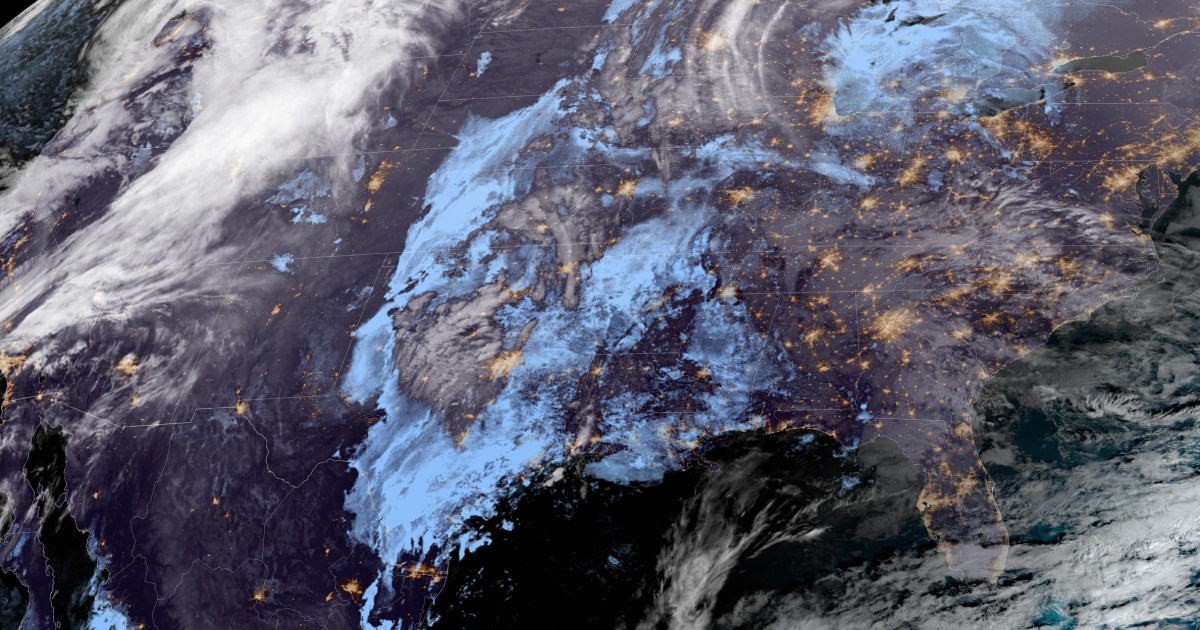Jobs
New Zealanders seek jobs overseas in record numbers as recession bites

Chakrabarti made the move to Sydney where the salary was typically higher than in Auckland for a similar role.
According to provisional data released by Statistics New Zealand on Tuesday, 131,200 people left in the year ending June 2024 – the highest number on record for a single year. Of the figure, over 80,000 were citizens, nearly double the pre-pandemic levels.
“Almost all of my friends have made a move to Australia so it seems that they have the same mindset as I do,” said Chakrabarti.
The average minimum wage in Australia was NZ$26.58 per hour (US$15) as of July, about NZ$3 higher than in New Zealand. On average, New Zealanders could earn an extra NZ$200 per week by moving across the Tasman Sea, according to a report by New Zealand-based consultancy Infometrics.
The phenomenon of young New Zealanders embarking on an overseas job experience abroad is a long-standing tradition. However, a rise in domestic unemployment and the economic slowdown have accelerated this trend, according to economists.
While net migration to New Zealand – the number of those arriving minus those leaving – remains at high levels, economists expect it to wane.
According to Brad Olsen, principal economist and CEO of Infometrics, a “natural affinity” has historically driven migration from New Zealand to Australia but the surge in the number of New Zealanders moving this year reflects a widening gap in unemployment rates between the two countries.
New Zealand typically had a lower unemployment rate than Australia but the tables have turned recently, Olsen said.
“That means people who are looking for jobs are thinking that Australia has got more promise and decide to move there.”
New Zealand’s jobless rate rose to 4.6 per cent in the second quarter of this year while annual wage growth hit a two-year low, according to government data released earlier this month.

In comparison, Australia recorded an unemployment rate of 4.2 per cent in July, with the Australian Bureau of Statistics reporting that the worker participation level hit a record high of 67.1 per cent.
Michael Gordon, a senior economist at Westpac in Auckland, forecast the unemployment rate gap between New Zealand and Australia to widen further.
“We expect the high outflows of New Zealanders to continue for a while longer,” he said.
According to Westpac’s chief economist Kelly Eckhold, another factor fuelling the high outflow is the “post-pandemic catch-up” where people who considered moving overseas during the COVID-19 pandemic are now acting on their plans.
Cost of living pressures
In March, New Zealand entered its second recession in just 18 months, as it continued to struggle through its post-pandemic recovery.
Experts say the downturn has saddled New Zealanders with surging living costs, elevated interest rates and diminished job prospects.
Raymond Stowers, an engagement coordinator at a university in Christchurch, said he has been feeling the sting of higher expenses for some time.
“I love being in New Zealand and I would love to raise my family here but at the same time our pay is not great for the jobs we do and yet the costs of living are increasing.
“Things that you would expect to be cheap in New Zealand like dairy and other groceries just are not [anymore],” the 30-year-old added.
Stowers has been planning for an overseas move and Australia seems to be the “obvious answer”.
“I would say the vast majority of my family and cousins around my age group have already left or are in the process of moving to Australia,” he said.
Christchurch native Doris Lien, 28, has worked as a customer experience designer based in Auckland for the past few years and plans to further her career either in Australia or Asia before moving to Europe.
“There is so much more to experience abroad and more work opportunities. Working somewhere like London or in Europe gives you access to multinational companies, which is a challenge in New Zealand,” Lien said.
New Zealand is a place I can return to and settle down later on
She added that many of her peers who have moved abroad to earn more and advance their careers planned to return home in future. “New Zealand is a place I can return to and settle down later on.”
According to Olsen from Infometrics, there are some concerns that it would be harder to convince overseas-based New Zealanders to return home especially if issues around poor job prospects and cost of living persist, which also carry a long-term demographic risk.
“If it’s the young people who are leaving, that’s often your childbearing population,” he said. “Over time, we’re starting to see some trends, particularly in some provincial and rural areas of New Zealand which have a continually ageing population, don’t have as many young people and are losing even more young people.”
According to StatisticsNZ, migrants aged 18 to 30 years accounted for 38 per cent of the 80,200 migrant departures of New Zealand citizens in the year ended June.
For Chakrabarti, the move to Sydney also meant difficult discussions with his family who were reluctant to see him go. But they have gradually accepted that it was a good career move for him.
“They are glad I made the move and can see my future is a lot brighter here,” he added.
Additional reporting by Reuters










